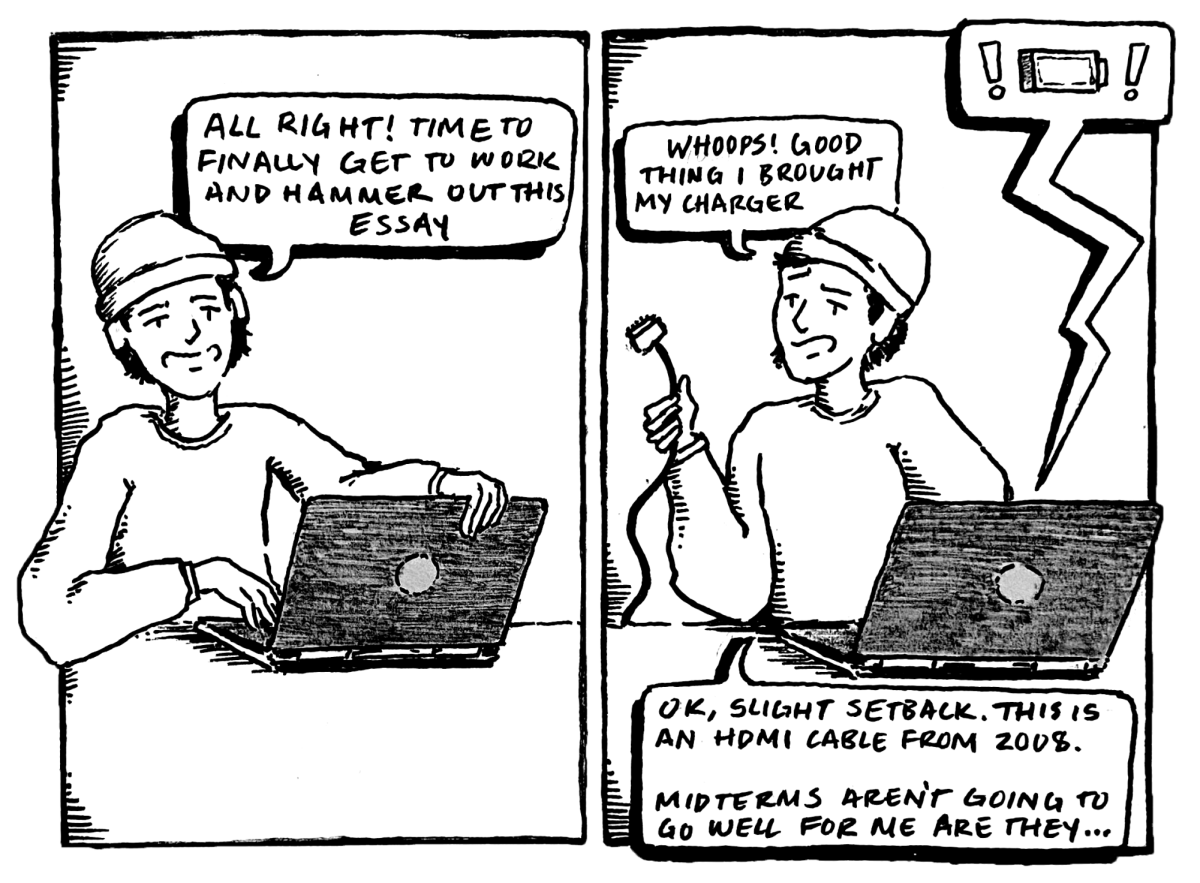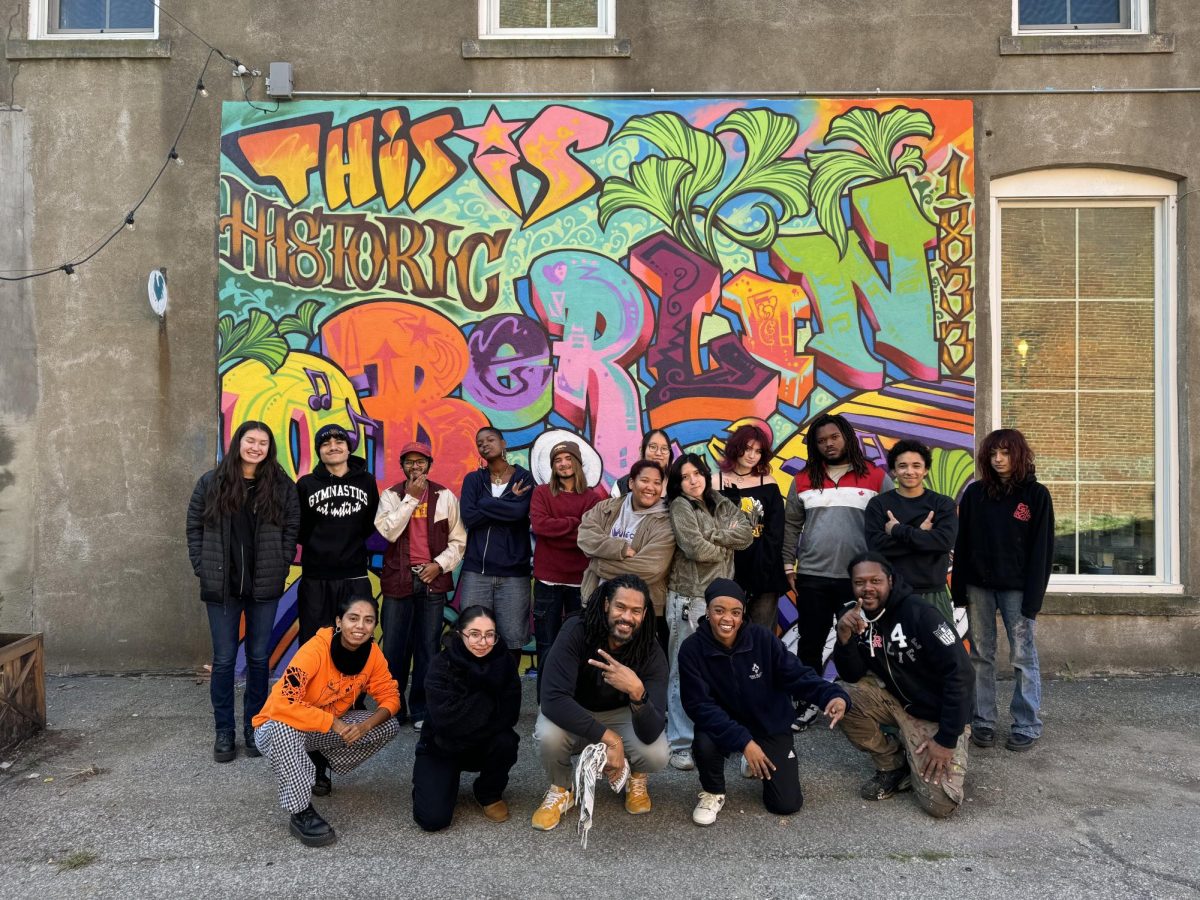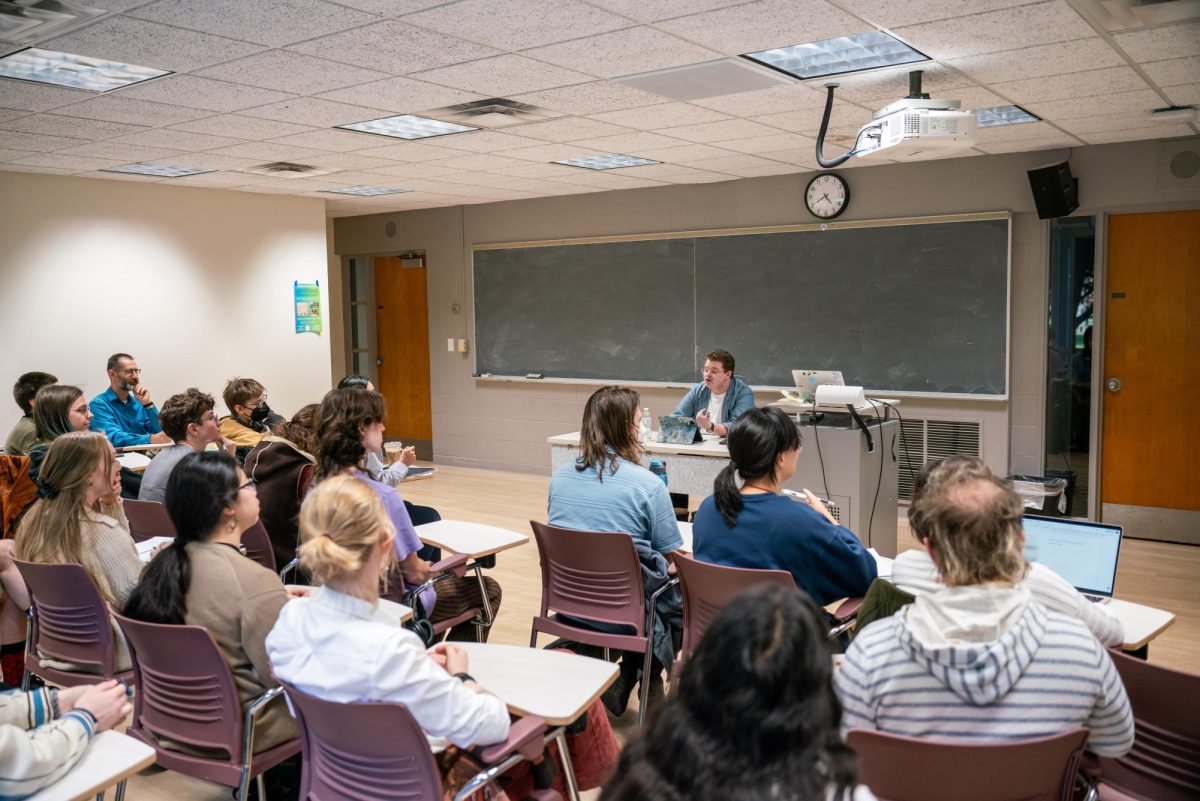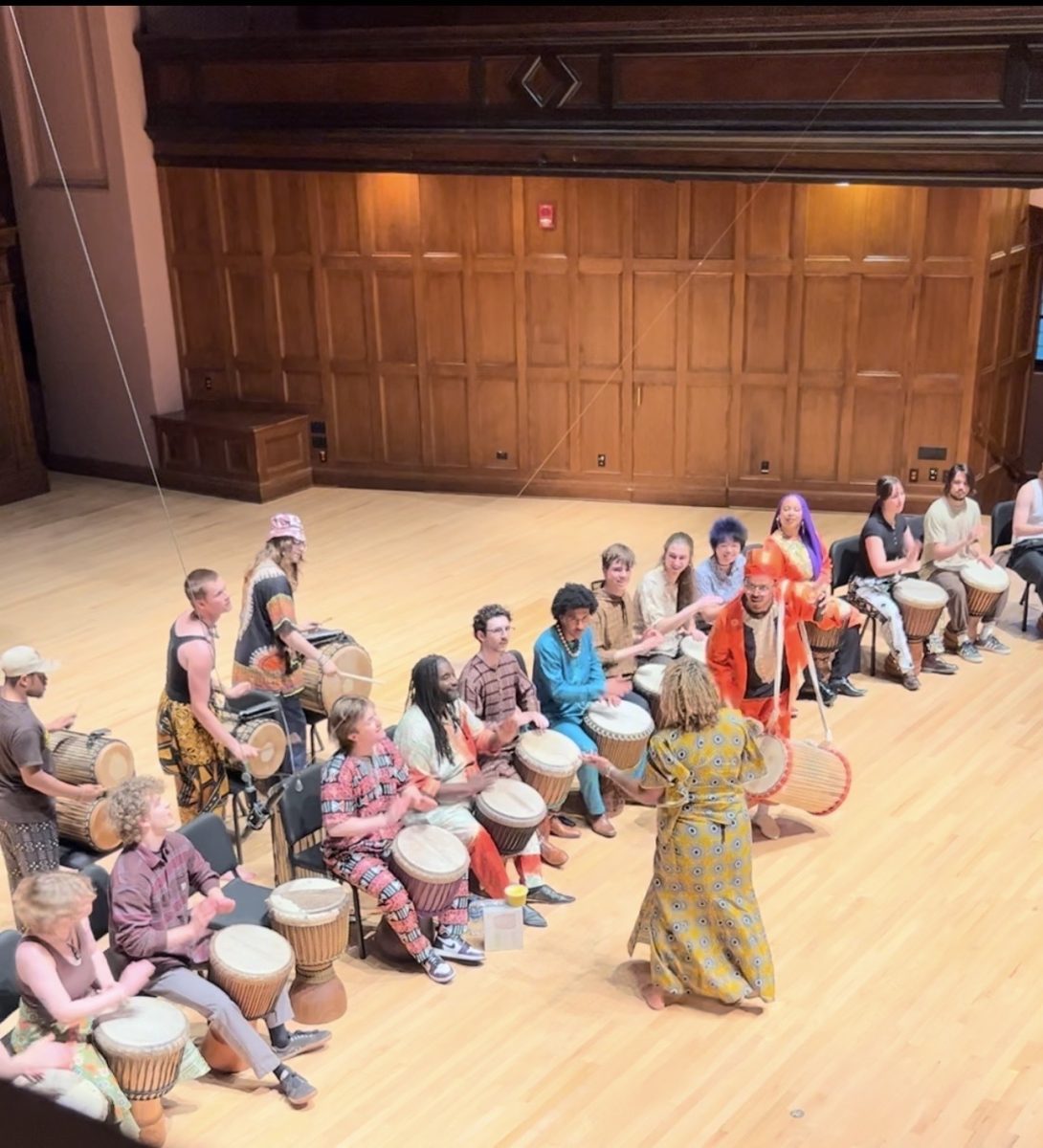The Game Is Changing: Can Obama Handle The New Middle East?
September 28, 2012
Whether or not Obama wins the election, the U.S. needs to readdress its approach to the Middle East if it is to maintain regain its watchdog status. The United States’ expansionist policies seem to have stagnated, particularly in the Middle East, and the aftermath of the election will perhaps determine whether or not troops will be sent to Iran or Syria. Last seen shaking hands with Turkish Prime Minister Erdogan in an attempt to bridge the ever-widening gap between the West and the Middle East, Obama, along with an army of public relations experts, has been trying to minimize the damage created by the absurd Innocence of Muslims, a film created to ridicule the life of the prophet Muhammad.
The biggest issue here is not that he is spending time and energy on a YouTube video, which some fear will trigger incidents similar to the Danish cartoon controversy in 2005, when a cartoon artist drew Muhammad, an action forbidden according to Islam. No, the biggest issue here is that Obama is very visibly allying himself with who he believes to be the most influential persona in the Islamic sphere, Erdogan, without fully realizing that his ally’s term is almost up. Asking Erdogan’s help in calming the waters and the recently inflamed anti-American sentiment is a good idea. However, assigning so much agency to Erdogan might not be the president’s smartest move.
The Turkish sphere of influence is in a state of disarray. Since Erdogan called Assad to step down and opened Turkey’s borders to house refugees from Syria, the Middle Eastern perception of his clout has been polarized. Some regard him now to be more “Western” than he previously seemed, while others maintain their conviction that he is the leader to look up to in all things political and religious in the Middle East. Either way, neither Turkey nor its prime minister are as firm leaders in the region as they were two years ago. Recent Turkish polling also indicates that most would vote to keep Gul, the president of the Republic, in office when his term ends. Incidentally, that office is also the only avenue of significant political influence available to Erdogan, who is scheduled to step down as prime minister at the end of his term in 2015.
The Republican party has stated publicly that its interests align with Turkey’s; however, we do not see Romney shaking Erdogan’s hands, nor does he publicly endorse any specific party or candidate in Turkey. Some cynics would argue that it is because he does not know enough about the Middle East; however, a more realistic view would be that someone from his camp, if not Romney himself, knows enough to refrain from publicly tying the candidate to any given Turkish political figure. The Obama administration has been unsuccessful in establishing a solid American presence in Egypt, Libya and Syria. All of these countries have dramatically shifted since the beginning of Obama’s term four years ago. Conspiracy theorists could argue that these shifts are America’s invisible hand at work, but I would ask where that invisible hand was when the U.S. embassy in Benghazi was bombed. Where was it when the Muslim Brotherhood won the Egyptian elections and began to rewrite the constitution based on the Qur’an?
The current state of the picture is that what little hold the U.S. had in the Middle East is slipping, if only in the public eye. Said slipping could cost the U.S. dearly in the next four years, regardless of who gets elected. Team Romney seems to sense that the game has changed and a different dynamic is about to begin in the Middle East, and that’s why they are waiting until after the election to start making friends in Turkey.
All that said, November could still surprise everyone, but just as the ground gets warmer before a twister hits, things are heating up in the Middle East.


















